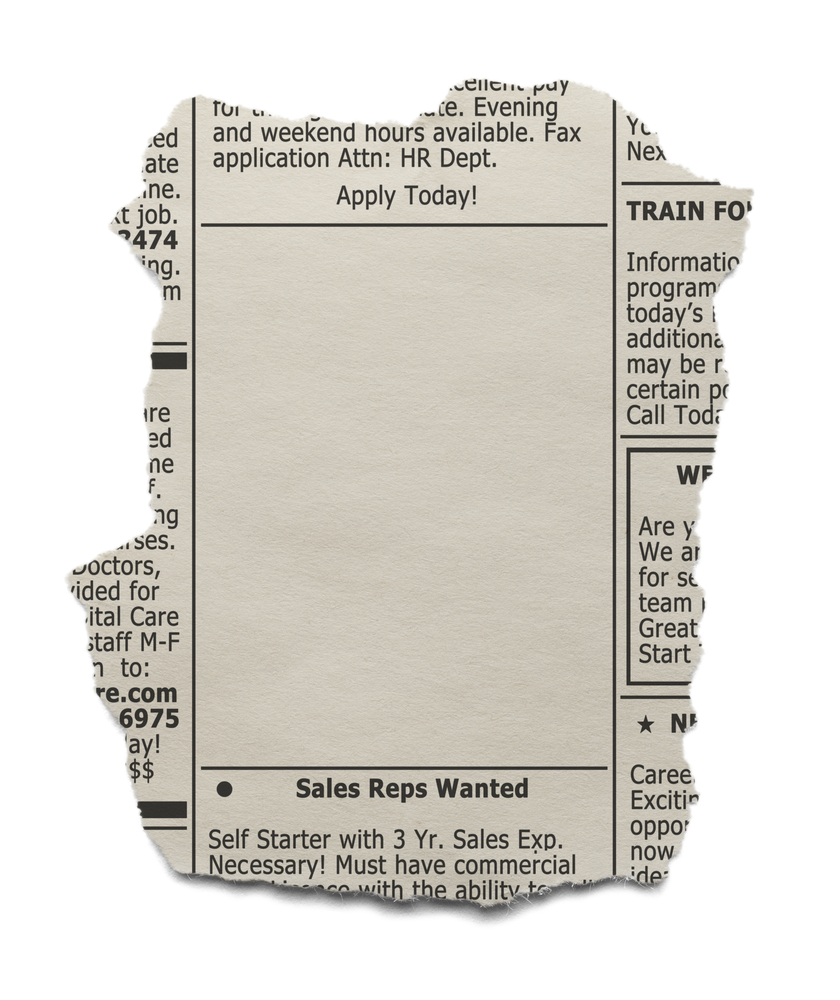 How your job description is laid out and the language used in it is a fundamental part of the candidate experience. Many, if not most, job specs are written by line managers (department/school managers at RGU) who, while experts in their own fields, are not necessarily masters of creating a compelling advert and job specification. For what it’s worth, here are my thoughts on the key elements required for a good job-spec and the order in which they should appear – and how these should then translate into a successful job advert.
How your job description is laid out and the language used in it is a fundamental part of the candidate experience. Many, if not most, job specs are written by line managers (department/school managers at RGU) who, while experts in their own fields, are not necessarily masters of creating a compelling advert and job specification. For what it’s worth, here are my thoughts on the key elements required for a good job-spec and the order in which they should appear – and how these should then translate into a successful job advert.
Firstly, does the job-title actually reflect the work and will it be easily understood outside your own company? Some organisations have completely different names for the same job. While you may not wish to change the job title for internal documentation, it may make a lot more sense to advertise a job title that potential candidates will understand. Also, be honest: if the job involves cleaning the drains, say so and don’t use euphemistic nonsense like “large-scale evacuation channel expert required.”
Secondly, does the job spec contain ALL the essentials – salary, location, reporting structure and contacts for further information (where relevant)?
Next, does it begin with a clear and concise summary of the job? Tell candidates what the job involves and what they are going to be doing. Research consistently demonstrates that this, more than salary, is what attracts people to a job advert. Sell the job by telling prospective applicants what they’ll be doing that’s better and different from their current job.
Fourthly, lists are unavoidable in job specs, but does your list actually rank the things the person will be doing in order of importance? Equally importantly, and this is something that is invariably omitted, does it assign an approximate amount of time to each of those activities? It may well be that the single most important thing in the job only takes up 10% of the job-holder’s time and 75% of their time is actually spent on really boring stuff. That said, it’s often hard to get line managers to give you this information and we don’t do it at RGU, before anyone comments! However, if you do have time to organise this then you’ll give people a far better idea of what the job entails and will be offering a better candidate experience with less timewasting all round.
When it comes to qualifications and experience, the same principles apply. List the most important first and those that are preferable or advantageous last – and make it clear which are which.
Finally, and this is something that many people forget, consider WHY someone might want to apply for your job. Are there any unusual aspects, such as regular foreign travel, fringe benefits outside the norm (a public sector/final salary pension for example?) Tell candidates about them and include them in the advert, which should take its lead from the job spec. Make sure that your ad copy is concise and accurate. The modern tendency to use lists in ads often means that every last aspect of the job and the qualifications/experience are detailed, which in turn means candidates may be put off applying if they think the job is too complex and can’t see what is essential and what is preferable.
And finally, make sure that you advertise in the right place(s). If the right candidates can’t see your advert then there will be no candidate experience for anyone! At RGU, the majority of our adverts appear on the public sector portal for Scotland, www.myjobscotland.gov.uk but we also advertise specific vacancies on specialist job-sites and make extensive use of social media, specifically Twitter, Facebook and LinkedIn.
Julie Skinner, Resourcing and Benefits Specialist, RGU

